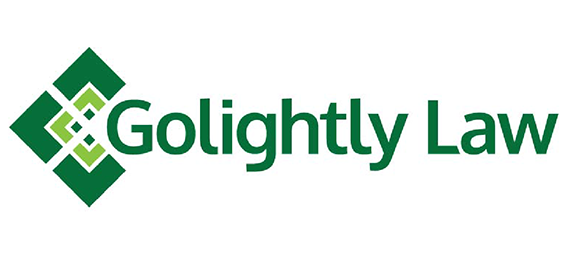
Navigating Probate Fees in Virginia
When it comes to estate planning and the transfer of wealth, understanding the tax implications and probate fees is crucial. In Virginia, several taxes and fees may apply, including estate taxes, inheritance taxes, and probate fees. Let’s delve into each of these to grasp their significance and how they impact individuals and families in the state.
Estate Taxes in Virginia:
As of 2024, Virginia does not impose a state-level estate tax. However, it’s essential to consider federal estate tax implications, as estates exceeding a certain threshold may be subject to federal estate taxes. Working with an experienced estate planning attorney can help individuals navigate federal estate tax laws and implement strategies to minimize tax liabilities.
Inheritance Taxes:
Virginia also does not levy an inheritance tax, which means beneficiaries inheriting assets from an estate are not required to pay taxes on their inheritance. This is favorable for beneficiaries, as they can receive their inheritances without the burden of additional taxation.
Probate Fees:
While Virginia does not have a separate probate tax, there are fees associated with the probate process. These fees cover court costs, filing fees, and other expenses incurred during the administration of an estate through probate. The exact amount of probate fees can vary depending on the size and complexity of the estate.
In Virginia, the specific probate fees can vary depending on the county or city where the probate proceedings take place. However, common probate fees that may be incurred during the administration of an estate include:
- Filing Fee: This is a fee charged for filing various probate documents with the court, such as the initial petition for probate, inventory of assets, and final accountings.
- Probate Tax: Some localities in Virginia may impose a probate tax based on the value of the assets being probated. This tax is typically calculated as a percentage of the total value of the estate.
- Commission for Executors/Administrators: Executors or administrators of an estate may be entitled to receive a commission for their services. In Virginia, the commission amount is determined based on a statutory formula tied to the value of the estate.
- Attorney Fees: Executors often hire attorneys to assist with the probate process. Attorney fees can vary depending on the complexity of the estate and the services provided.
- Accounting Fees: If an executor hires an accountant to assist with preparing financial statements or tax filings for the estate, accounting fees may also be incurred.
- Publication Fees: In some cases, it may be necessary to publish notices regarding the probate proceedings in local newspapers. Publication fees may apply for these notices.
- Court Costs: Additional court costs may arise throughout the probate process, such as fees for obtaining certified copies of court documents or for holding hearings before the probate judge.
It’s important for individuals involved in the probate process to consult with an attorney or local probate court to understand the specific fees that may apply to their situation in Virginia. Additionally, fees and costs associated with probate can vary based on factors such as the size and complexity of the estate, the location of the probate proceedings, and any disputes or challenges that arise during the process.
While Virginia offers favorable tax laws in terms of estate and inheritance taxes, proper estate planning remains essential for individuals and families seeking to protect and preserve their wealth. By understanding the tax implications, probate fees, and the importance of estate planning, individuals can take proactive steps to ensure their assets are managed and distributed according to their wishes, thereby securing their financial legacies for future generations.
Contact the Golightly Law team today to learn more about how to navigate probate costs in Virginia.
